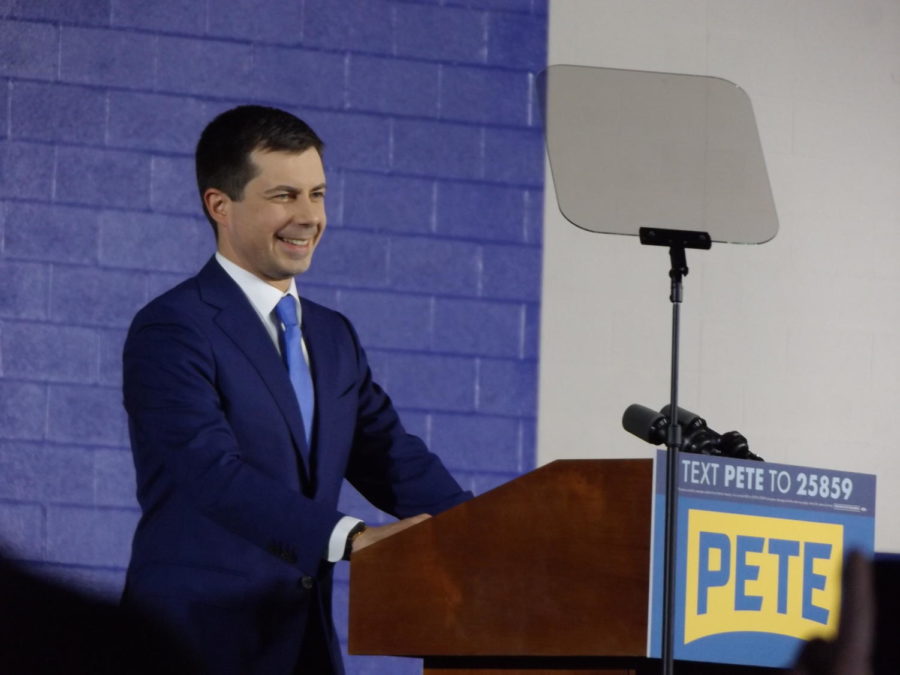Pete Buttigieg maintains lead following Iowa caucuses recount
February 27, 2020
Following the resignation of the Iowa Democratic Party (IDP) chair, a partial recanvassing of results and a partial recounting of results from the Iowa caucuses, former Mayor Pete Buttigieg’s lead over Sen. Bernie Sanders in the state delegate equivalents (SDE) used to determine victory has increased.
“Let’s put a bow on it and make it official – @PeteButtigieg won the Iowa caucuses,” said Buttigieg’s national press secretary Chris Meagher in a tweet.
For the first time in the history of the Iowa Democratic caucuses, the party was required to report first and final preference results, effectively a popular vote. In order to streamline the reporting of those results, the party developed an app that instead broke down during the day and caucus night itself.
Buttigieg leads Sanders by 563 to 562 SDEs, the closest margin of any Iowa Democratic caucus in history, according to IDP results. While Buttigieg leads in SDEs, Sanders won the most first and final preferences among caucusgoers, leading Buttigieg by 24.7 percent to 21.3 percent and 26.5 percent to 25.1 percent respectively.
Roger Ouellette, a Sanders spokesperson who previously served as the campaign’s Iowa communications director, said in a tweet “we’ve known” for nearly a month Sanders won the popular vote in Iowa by “thousands thanks to higher turnout from working people and communities of color.”
“That’s the [coalition] that is going to deliver this movement the nomination. #NotMeUs,” Ouellette said in the tweet.
No results were reported the night of the Feb. 3 Iowa caucuses. Results instead dripped in over the following days as the IDP conducted “quality checks” to ensure the results they reported were accurate. Some of the results the party reported, however, contained errors, and analysis by the New York Times found that hundreds of precincts around the state have data inconsistencies.
The knife-edge margin separating Buttigieg and Sanders in SDEs led both campaigns to request a partial recanvassing followed by a partial recounting of results from the caucuses.
“To be eligible for a recount, a campaign needed to provide evidence suggesting that caucus errors would change the allocation of one or more National Delegates,” according to an IDP press release. “Members of the Recanvass/Recount Committee, Recount Administrators, staff appointed by the Administrators to assist, IDP legal counsel, and representatives of the Buttigieg and Sanders campaigns were on site to oversee the precinct recount.”
The recount did not result in a change in the allocation of any national delegates, who will decide the Democratic Party’s presidential nomination at the party’s July convention in Milwaukee.
The Associated Press (AP) has not called a winner in the Iowa caucuses even after the recount. The AP had previously cited irregularities in results as their reason for declining to call a winner.
On Thursday the AP said they had reviewed the updated results and will not call a winner in the race given “remaining concerns” about whether the reported results are “fully accurate.”
Buttigieg received 14 national delegates, Sanders received 12, Sen. Elizabeth Warren received eight, former Vice President Joe Biden six and Sen. Amy Klobuchar received one.
The party will certify these results at 10 a.m. Saturday, according to a separate press release.

















